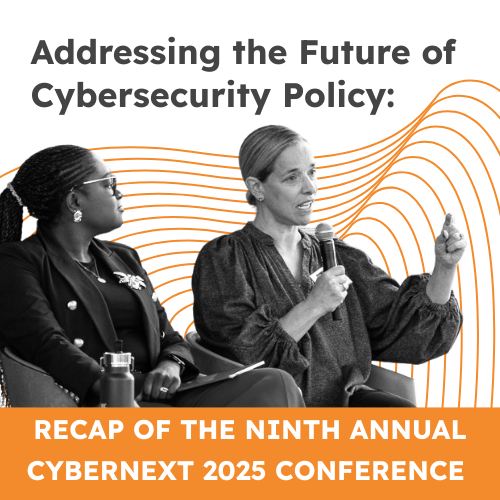How to Tell Your Broadband Story: Tips & Tricks from Broadband Comms Experts
Back To News
There are very few silver linings to the COVID pandemic, but it is undeniable that COVID demonstrated that broadband internet access is essential to how we work and live. This was recognized through the historic investment in broadband deployment and access in the Infrastructure Investment and Jobs Act (IIJA) and the $42B grants that will be awarded to every state to ensure that broadband is part of our essential infrastructure and the Digital Divide is finally closed.
What this does not mean is that the story has ended; in fact, it is just beginning. Indeed, if the trees of these historic grants fall in a forest, we risk jeopardizing the success of this massive investment.
The Glen Echo Group met with state broadband leaders from around the country at our communications workshop in Washington, D.C. earlier this month to talk about how states can most effectively tell their unique broadband story, which is a critical component to ensuring that states get the appropriate funding to get the job done. If there’s anything we took away from our event, it’s the importance of getting the word out early and often.

Our workshop featured a Q&A between Glen Echo CEO Maura Colleton Corbett and Veneeth Iyengar, Louisiana State Executive Director for Broadband Development and Connectivity. During the lively conversation, Iyengar talked about the challenges that small broadband offices like Louisiana face as they execute on this important work and offered some words of wisdom on the importance of thinking about this like a political campaign for broadband.
Here are a few highlights:
- Connectivity is transformative and people need to understand what that looks like. Connect grassroots efforts with your state’s stakeholders with communications campaigns that tell local stories of what connectivity looks like and the meaningful benefits it brings. Make broadband come to life.
- Partner with local groups like small business owners, pastors, farmers and anchor institutions like hospitals, schools and libraries to get them invested in your state’s success. Keep them engaged and updated and help them tell their stories - they will be your best advocates.
- Try to get out into your states to meet with the people you’ll be impacting. If you can’t get boots on the ground, use the media, social media, newsletters and virtual events to meet people where they are.
The Glen Echo team has a deep history in broadband policy, communications and community engagement. For us, broadband is personal. Here are some of the top tips for state broadband officers when it comes to communications:
- “When you tell your success stories, focus on how broadband changes lives. It’s not just about miles or access lines - it’s about what broadband access does for your communities.” - Lauren Gaydos
- “Start updating the public on what you’re working on now so you don’t get questions later. The more information you can share on timelines, future milestone and meetings, the better!” - Dani Leopold
- “It’s all about relationships, but you're a small office and can't meet everyone. So consider all the tools in the toolbox to reach constituents — from letters to the editor to your personal LinkedIn. We also do a lot of work with libraries and they are some of the best advocates for broadband and digital literacy. Use your network.” - Anne Keeney
We have more ideas on how to start telling broadband stories and can help you as you build out your communications and public education strategies. We are committed to doing whatever we can to finally close the Digital Divide, so reach out to us any time. We’ll be here!

.png)

.png)
.png)